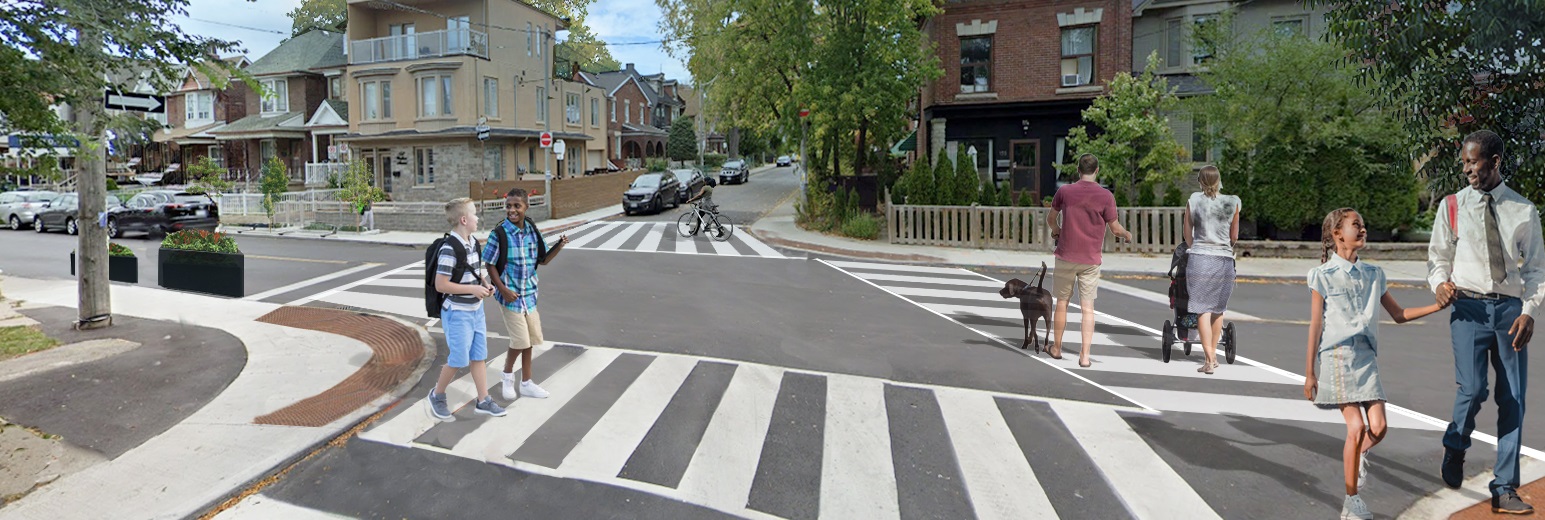Northern Light
Superstar
FWIW on the above, the City is pulling disputation of tickets from JPs and shifting them to an Administrative Tribunal as noted in the article linked above:

****
Side note, and maybe the lawyers here can chip in.............given that there are no demerit points, and no driving suspensions, and no jail terms; and that this is set up as an absolute liability offense. (one for which intent is not
a relevant factor)
I'm surprised the evidentiary standard cited by the JP was guilt beyond a reasonable doubt.
Its not a criminal conviction.
I would have thought the Civil Standard of Balance of the Probabilities would be more reasonable.
Not often I'm surprised by such things, and doubtless I could look it up, as I so often do, but I'd be interested to hear the take of UT's legal eagles and @lenaitch on this....
****
Side note, and maybe the lawyers here can chip in.............given that there are no demerit points, and no driving suspensions, and no jail terms; and that this is set up as an absolute liability offense. (one for which intent is not
a relevant factor)
I'm surprised the evidentiary standard cited by the JP was guilt beyond a reasonable doubt.
Its not a criminal conviction.
I would have thought the Civil Standard of Balance of the Probabilities would be more reasonable.
Not often I'm surprised by such things, and doubtless I could look it up, as I so often do, but I'd be interested to hear the take of UT's legal eagles and @lenaitch on this....
Last edited:






